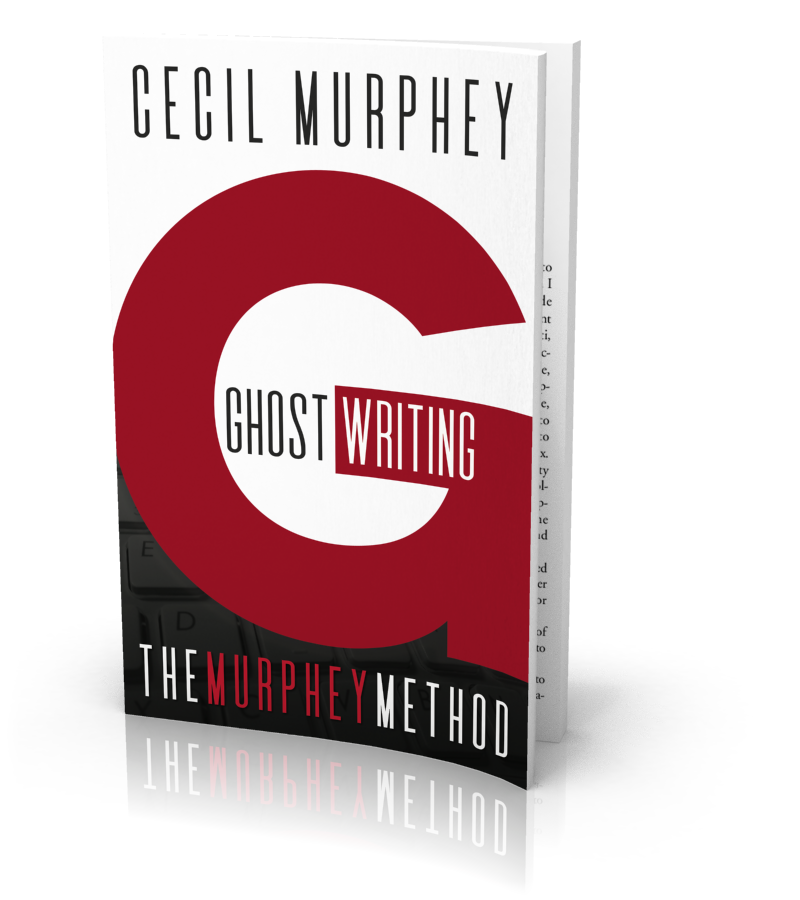American society contains a very interesting subculture built around using your friends and relatives to make money, either as a primary or secondary source of income.
I must admit it bothers me when an individual will view those around them mainly as a revenue source instead of relationships to experience and serve. It is also interesting that a number of the most successful multi-level marketing groups have Christian or faith-based roots. Evidently, spiritual people like the idea of using friends to make money.
Of course, like anything, if a person approaches something with improper motives, it never works well long-term and something done with right motives and a pure heart will be more apt to succeed long term and be completely harmless.
I am writing a little sharper than I probably need to, attempting to prove a point, knowing most of the friend-selling programs are relatively fun for everyone involved and not destructive at all.
But I am concerned authors will fall into a dangerous trap. Without taking great care, an author’s relationships can be transformed into “sales leads” and “endorsers.”
A number of years ago, I went to a conference featuring a prominent Christian author. About 1,500 people paid a nice sum to attend and buy materials.
Just so happens I knew a person who worked with them and after the conference when everyone departed, I found myself speaking to my acquaintance when the speaker approached and sat next to us. I introduced myself and thanked the speaker for their ministry, saying it was such a great encouragement, etc.
With a sigh, the author said, “Well, this was a lot smaller crowd than we are used to. We won’t come back here any time soon, for sure.”
Rather than focusing on the fact they were able to minister to and encourage 1,500 people, plus make a very nice amount of money, they were tormented by how they deserved better.
This author forgot the most important things and seemed to remember only their own self-importance. To this author, people were simply a way to make money.
I envision God shaking his head in disappointment at this behavior.
While this is a dramatic example of using relationships only for what they can do for you, lesser examples happen every day when authors view “author platforms” built on social media or speaking opportunities as numbers on a screen or faces in the crowd, calculating how many books they can sell.
I’ve mentioned this before in this blog about the need to build and maintain your author platform in various manifestations with care and the long-term view. When you are in a hurry, you would be comparable to a person who makes a friend on Monday and asks them to move your piano down a flight of stairs on Wednesday.
This person used to be your friend.
Building a long-lasting author platform is much more about how much value you provide to those who follow than how much value they give to you immediately. If you view people as opportunities given you to serve, it will change your entire platform and how you conduct it.
If you view them as sales leads, your entire writing career will begin a slow corrosion from the inside out until your platform is unresponsive and not helpful. People want personal connection, not an account number.
The most effective author platforms spend 80% or more of their time giving value to the followers and the remaining time mentioning a book and a place to buy it.
The harder you push, the fewer people will follow you.
The harder you sell, the less effective you will be.
Sure, make certain people know you have a book and how they can order it, but quickly get back to serving your followers with great stories and content.



 A Ghostwriting Masterpiece
A Ghostwriting Masterpiece
Thanks Dan. Information I needed as a new author. Bless you Sir.
I’d rather stay the writing failure I am rather than lose one friend to my choosing to use him or her.
I would never say you’re a writing failure, Andrew. Every person who’s contacted you to tell you what a difference your book made in his or her life is proclaiming the lasting success you’ve achieved.
Carol, thank you, and you are, of course, right. I wrote my comment from the limited and ultimately incorrect perspective of sales and monetary reward, but should have thought it through a bit more.
A reader’s unsolicited “This helped me” can never be spent away; it’s an inexhaustible treasure.
Well said, Andrew. I agree. I would much rather use my writing to make friends than lose them.
Thanks much, Dan. As an aspiring author I’m inundated with media advice and counsel telling me I must grow my platform if I hope to be successful. And I’m sure there’s a lot of truth to that.
But this provided a much needed counterbalance on priorities.
God bless.
Good thoughts, Dan. I’ve heard from a few different sources that the best way to build platform is to create relationship and offer something of value to our followers/supporters/readers.
It tends to take a little longer to “build platform” this way, but this way of growing creates much deeper roots and people who are genuinely interested when we do have something to offer, like a book.
I always love reading your thoughts, Dan, and this issue is one I am particulary thankful for your input and views on. Thank you for always pointing us Him.
I always love reading your thoughts, Dan, and this issue is one I am particulary thankful for your input and views on. Thank you for always to pointing us Him.
Dan,
Thanks for reminding me of the importance of keeping my priorities straight. When I start looking at the world’s standards of success–big numbers, lots of money, and lots of influence–and think those are the ones that matter, I am already in trouble. If a person writes for those standards, and the book doesn’t sell, what does he/she have then? Nothing but a lot of disappointment. But if a person writes with God’s Kingdom standards in view, even if the book doesn’t sell well, the person can rest knowing all is not lost–nothing done for God is ever done in vain.
It’s sad the Christian author at the conference looked at it from the world’s point of view. I hope the person had a change in perspective since then.
I think it helps to separate social media platforms into those that are business related and those specifically for friends. For example, my personal Facebook page (and friends) are not those I choose to market to. I refuse to connect my FB page with Klout for that reason; connecting it with Twitter is enough.
Twitter is a great place to share business updates, but even strangers do not want to hear “me, me, me!” incessantly in tweets! I think a ratio of 1 personal business update to 9 sharing good stuff from others works well. An exception might by a new blog post of mine that is helpful to others without slamming people over the head with “buy my book”.
Sharing good content from others allows strangers to see that I want to support and nurture my target audience and colleagues while also allowing personal growth for me as well. I learn every day from content I find through social media and it is great fun sharing it. If people get to know me along the way and become interested in my own content, that’s a bonus 🙂